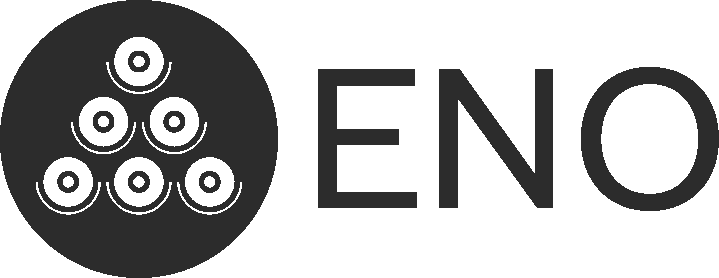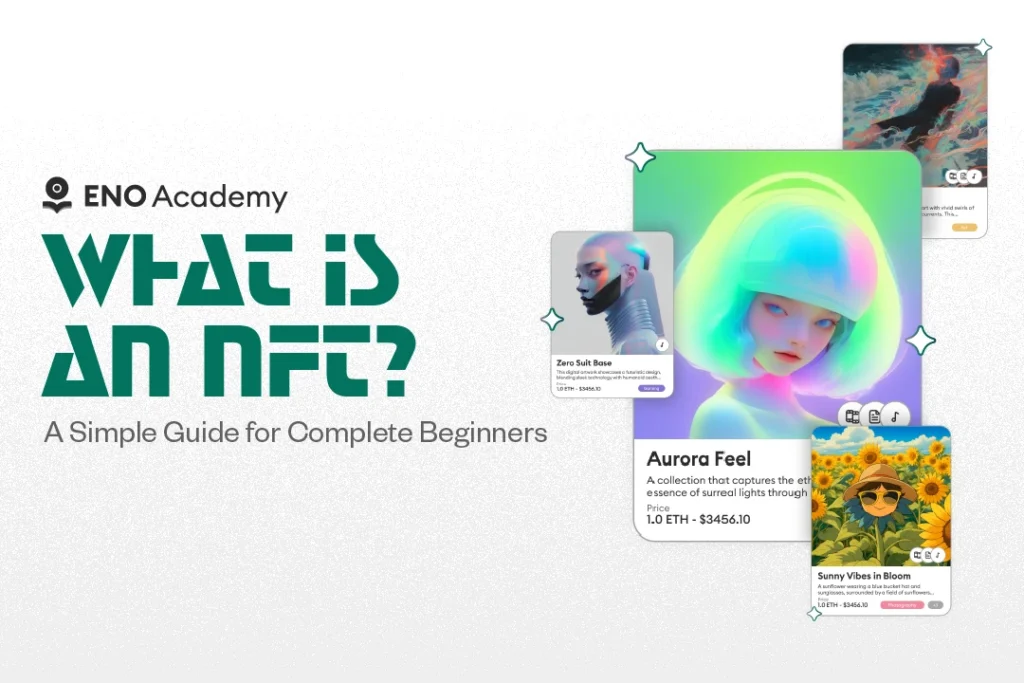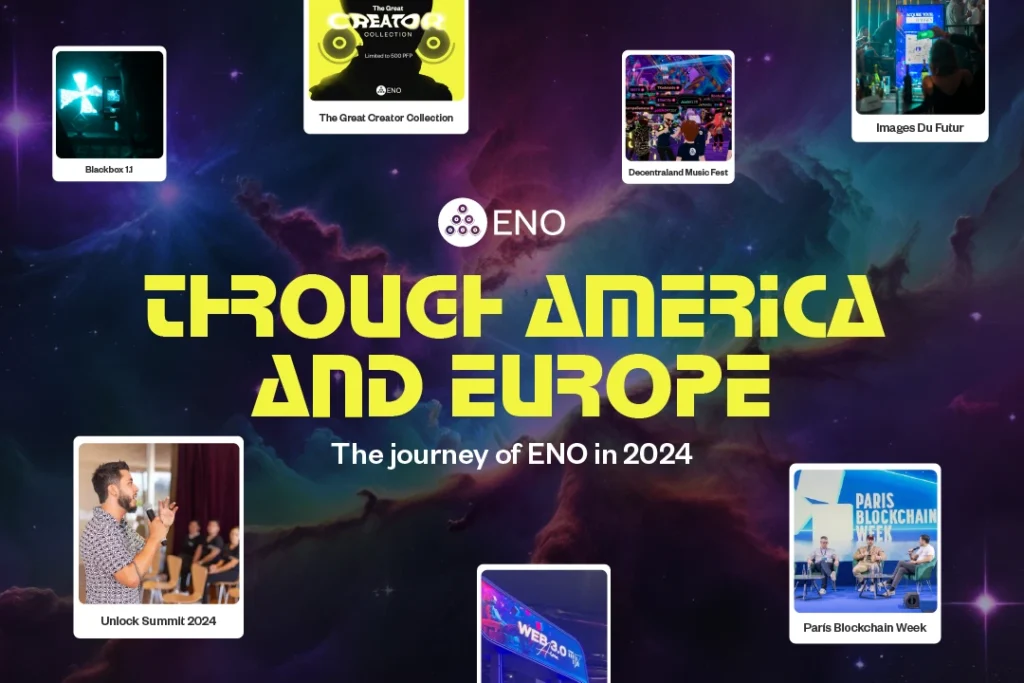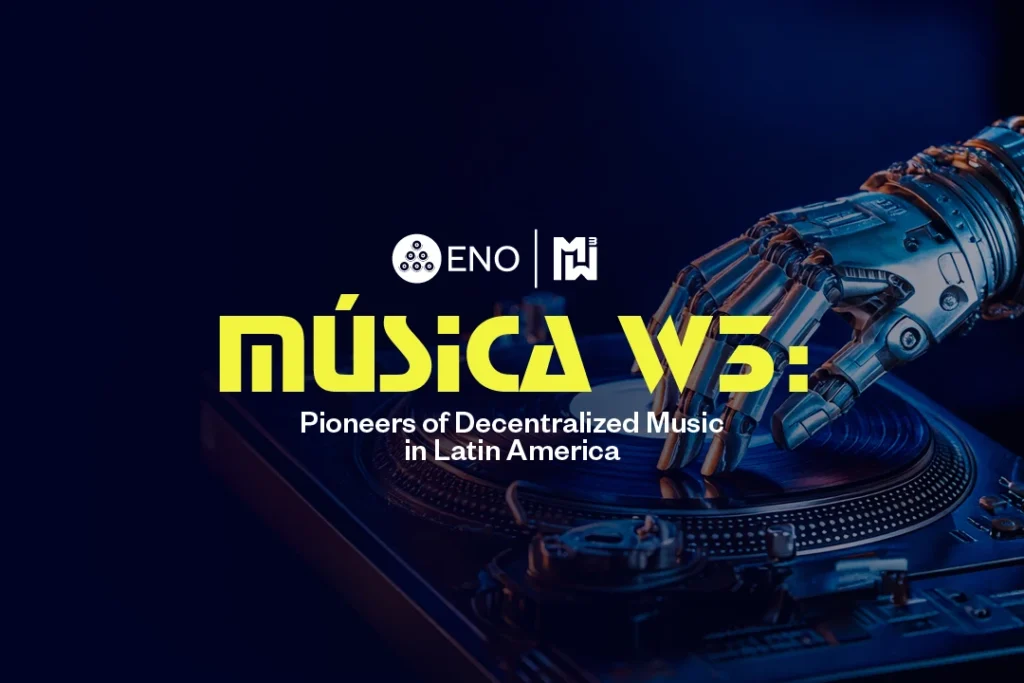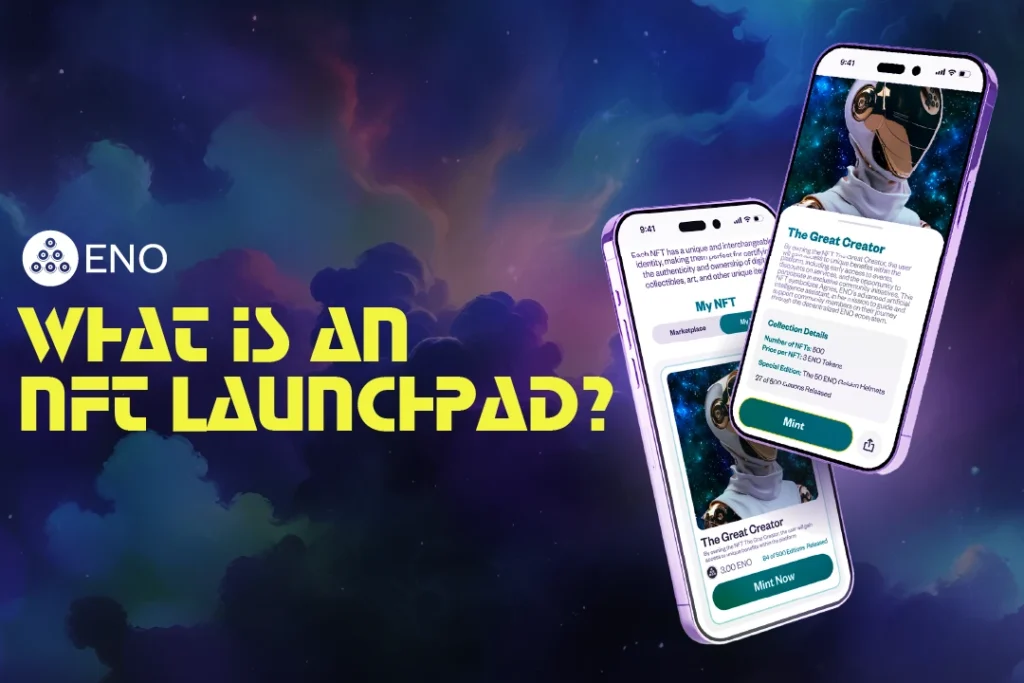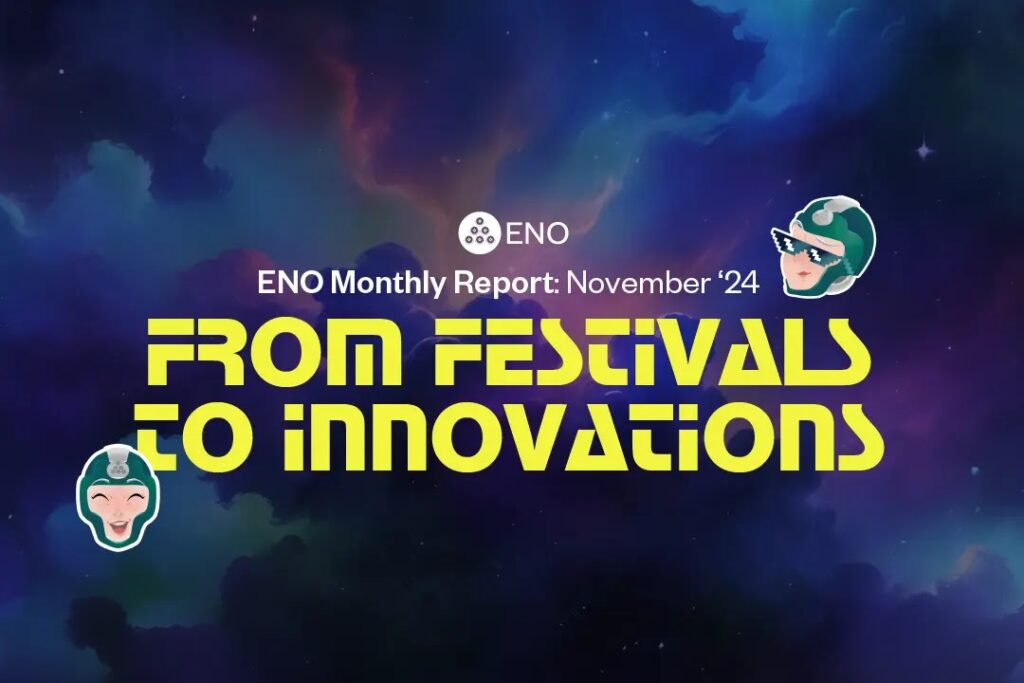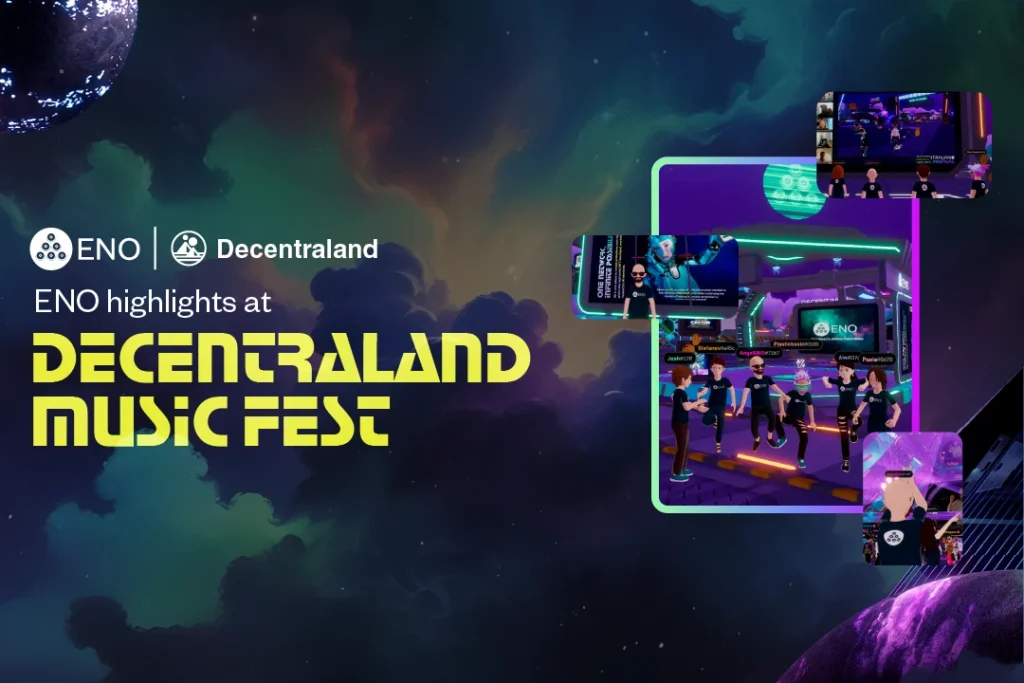
1. Introduction to GPTs
Generative Pre-trained Transformers, or GPTs, represent a significant advancement in AI technology, evolving from OpenAI’s ChatGPT to highly customizable agents. These specialized versions of GPTs can be tailored to specific user needs, whether for professional tasks, educational purposes, or personal assistance. Leveraging the robust AI framework of ChatGPT, they offer enhanced capabilities in processing unique datasets, understanding specialized dialogues, and delivering precise interactions. This development signifies a major step forward in AI’s adaptability, catering to diverse, user-specific applications.
2. Key Advantages of Customizable GPTs
Customizable GPTs bring three major benefits:
1. Personalization without Programming: Breaking down the complexity barrier, GPTs empower even non-technical individuals to mold AI assistants to their needs, democratizing AI customization.
2. Cognitive Flexibility: These AI agents adapt to various domains, from complex corporate environments to personal daily tasks, showcasing their versatility.
3. Seamless API Fusion: GPTs integrate effortlessly with existing systems, enhancing automated, intelligent workflows through API connectivity.
3. Crafting Your Own GPT: A Guide
Creating a GPT involves several steps:
1. Log in: Visit [OpenAI’s GPT Builder](https://chat.openai.com/create).
2. Define the Scope: Determine your AI agent’s role and tasks.
3. Instructional Blueprint: Input instructions to shape its knowledge and capabilities.
4. Capability Selection: Choose skills like data parsing or creative design.
5. Iterative Refinement: Fine-tune its abilities through interaction.
6. Deployment and Integration: Implement your GPT into your ecosystem for autonomous functioning.
4. Practical Applications of GPTs
GPTs can be tailored for various uses, such as:
- Home Assistant GPT: Manages household tasks and schedules.
- Financial Advisor GPT: Offers financial tracking and investment advice.
- SEO Assistant GPT: Provides SEO strategies for content optimization.
- Health Companion GPT: Tracks fitness and offers nutritional advice.
- Project Manager GPT: Oversees project timelines and resources.
5. GPTs FAQ: Understanding Their Potential
What are GPTs?
Customizable versions of ChatGPT for specific tasks.
How many GPTs exist?
Over 20,000 published GPTs.
Who can create GPTs?
Plus and Enterprise subscribers, with a GPT Store coming soon.
Do I need coding skills?
No, GPTs are accessible to all skill levels.
How do I start building a GPT?
Use the GPT Builder on ChatGPT’s platform.
What can GPTs do?
From design assistance to task automation.
Earning from GPTs?
Yes, through the upcoming GPT Store.
Privacy and safety?
Creators don’t access private conversations; OpenAI monitors content safety.
What is the GPT Store?
A marketplace for various GPTs.
Enterprise use of GPTs?
- Yes, for specific business needs.
